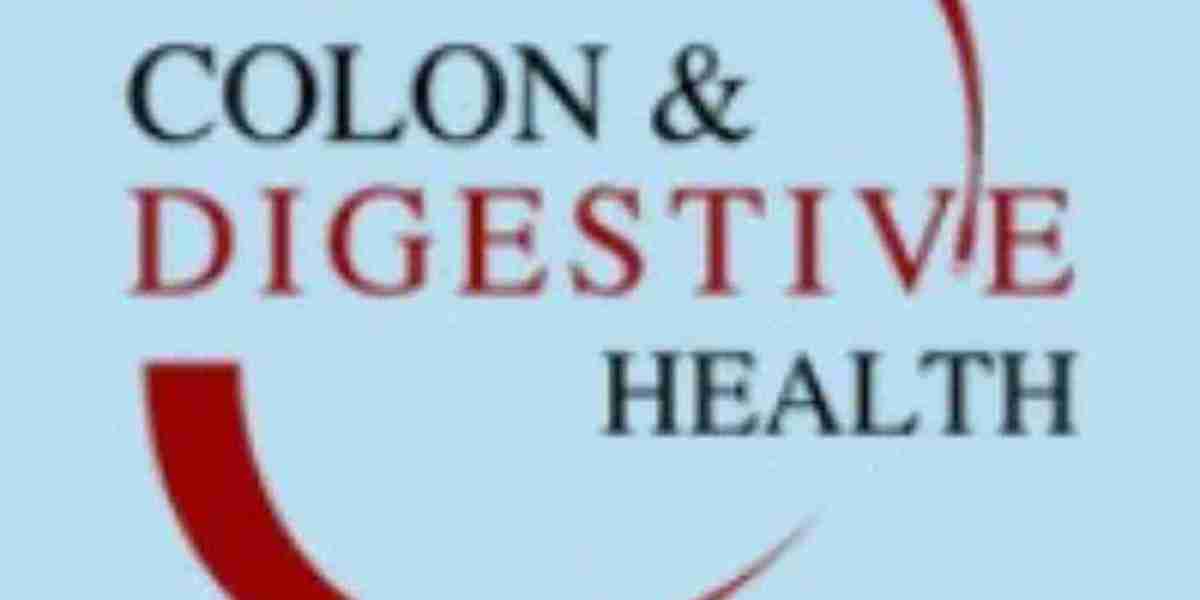Colon cancer, also known as colorectal cancer, is a significant health concern worldwide. It originates in the large intestine (colon) and is one of the leading causes of cancer-related deaths. However, with early detection, lifestyle modifications, and appropriate medical interventions, the risk of colon cancer can be significantly reduced.
What Is Colon Cancer?
Colon cancer begins when abnormal cells in the colon or rectum grow uncontrollably, forming tumors. Often, it starts as noncancerous polyps that can develop into cancer over time if not detected and removed. Regular screenings are crucial as early-stage colon cancer may not present noticeable symptoms.
Common Symptoms of Colon Cancer
While early colon cancer may be asymptomatic, as the disease progresses, individuals may experience:
- Persistent changes in bowel habits (diarrhea, constipation, or narrowing of stool)
- Rectal bleeding or blood in stool
- Abdominal discomfort (cramps, gas, or pain)
- A feeling that the bowel doesn't empty completely
- Weakness or fatigue
- Unexplained weight loss
If you notice any of these symptoms, it's essential to consult a healthcare professional promptly.
Risk Factors for Colon Cancer
Several factors can increase the risk of developing colon cancer:
- Age: Individuals over 50 are at higher risk.
- Family History: A personal or family history of colorectal cancer or polyps.
- Genetic Conditions: Inherited syndromes like Lynch syndrome or familial adenomatous polyposis.
- Lifestyle Factors: Sedentary lifestyle, high-fat diet, smoking, and excessive alcohol consumption.
Notably, there's an increasing incidence of colon cancer in younger adults. For instance, a 34-year-old health-conscious individual was diagnosed with stage 3 colon cancer after noticing blood in his stool. This highlights the importance of being vigilant about symptoms, regardless of age.
Preventing Colon Cancer
While some risk factors are beyond control, several lifestyle changes can reduce the risk:
- Dietary Adjustments: Consume a diet rich in fruits, vegetables, and whole grains. Limit intake of red and processed meats.
- Regular Exercise: Engage in at least 30 minutes of moderate physical activity daily.
- Weight Management: Maintain a healthy weight to lower risk.
- Avoid Tobacco and Limit Alcohol: Refrain from smoking and limit alcohol consumption.
Interestingly, certain fruits have been linked to a reduced risk of colon cancer. For example, watermelon, apples, kiwis, and citrus fruits have shown protective effects due to their high fiber and antioxidant content.
Screening and Diagnosis
Regular screening is vital for early detection:Verywell Health
- Colonoscopy: A procedure where a flexible tube with a camera is inserted into the colon to detect abnormalities.
- Stool Tests: Tests like the FIT (Fecal Immunochemical Test) check for hidden blood in stool.
- Imaging Tests: CT scans or MRIs may be used to identify tumors.
The American Cancer Society recommends that individuals at average risk begin regular screenings at age 45. However, those with a family history or other risk factors should consult their healthcare provider about earlier screenings.
Treatment Options
Treatment for colon cancer depends on the stage and may include:
- Surgery: Removal of the tumor or part of the colon.
- Chemotherapy: Use of drugs to kill cancer cells or stop their growth.
- Radiation Therapy: Utilizes high-energy rays to target cancer cells.
- Targeted Therapy: Drugs that target specific cancer cell mechanisms.
- Immunotherapy: Boosts the body's immune system to fight cancer.
Early-stage colon cancer has a higher survival rate, emphasizing the importance of early detection and treatment.
Colon & Digestive Health Specialists
At Colon & Digestive Health Specialists, we are committed to providing comprehensive care for colon cancer prevention, diagnosis, and treatment. Our team, led by Dr. Karim Shakoor, M.D., offers state-of-the-art screenings and personalized treatment plans to ensure optimal patient outcomes.
Stay Informed, Stay Healthy
Colon cancer is a serious condition, but with awareness, regular screenings, and healthy lifestyle choices, the risk can be significantly reduced. If you're due for a screening or have concerns about your digestive health, don't hesitate to contact us. Early detection saves lives.









